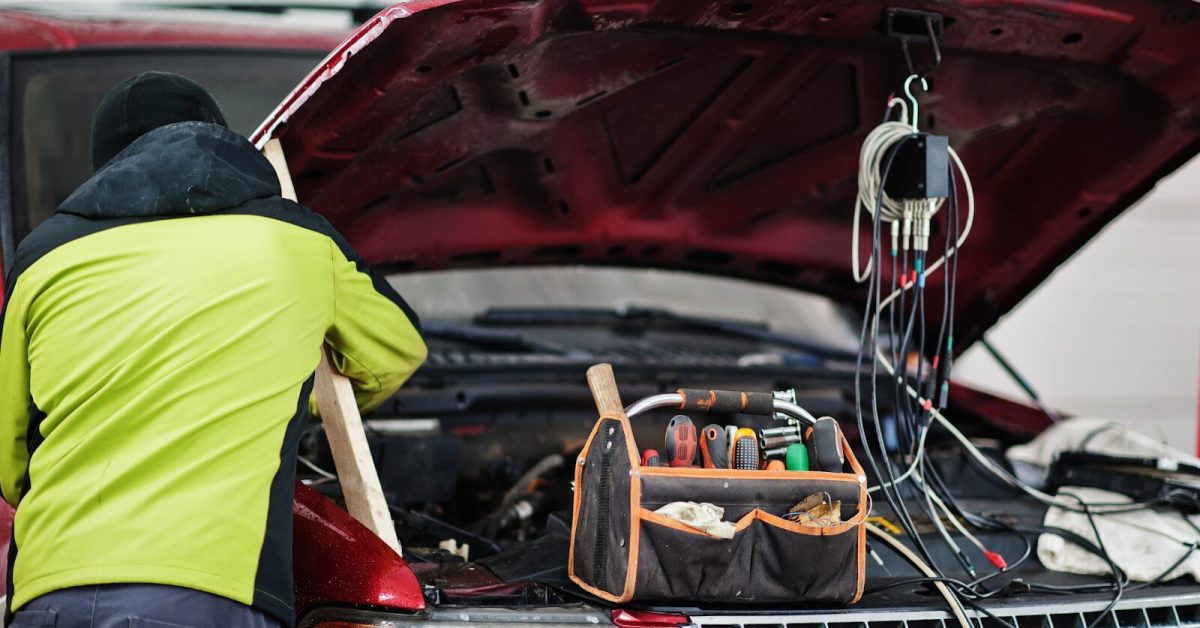When it comes to keeping your car running smoothly and efficiently, regular maintenance is key. One of the most important yet often overlooked aspects of vehicle care is the tune-up. At Metric Motors, we believe that understanding what a tune-up entails and why it’s essential can help you avoid unnecessary repairs and enjoy better driving experiences. In this article, we’ll walk you through the critical elements of a tune-up, why it’s necessary, and how it can extend the life of your vehicle.
What Is a Tune-Up in Car Maintenance?
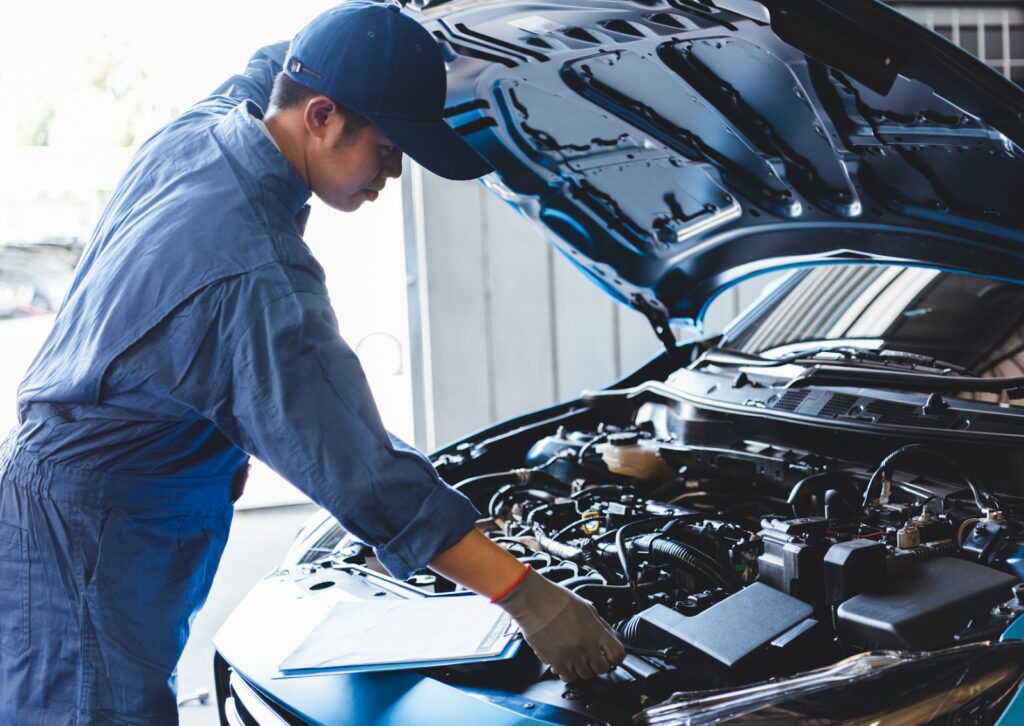
A tune-up is an essential aspect of routine vehicle maintenance that helps keep your car running efficiently. Over time, various components of a vehicle can wear down, affecting overall performance and fuel efficiency. A tune-up involves inspecting, cleaning, and replacing essential parts of the engine and other systems to ensure smooth driving and prevent costly repairs. At Metric Motors, we understand the value of thorough maintenance to keep your vehicle in top condition.
How Does a Tune-Up Differ from Regular Maintenance?
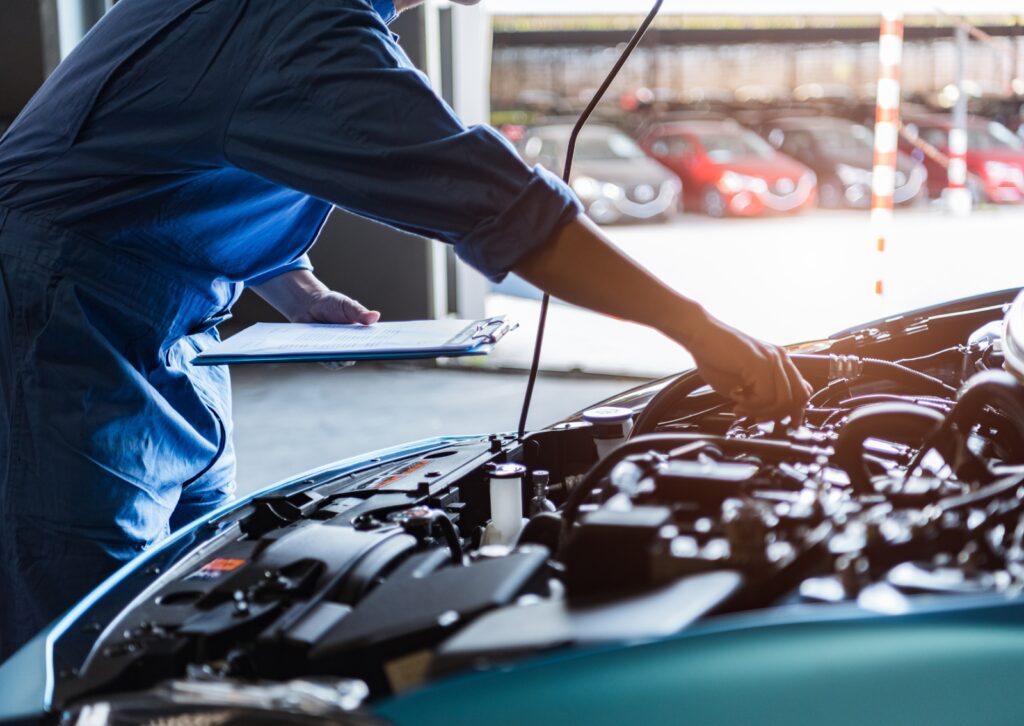
While routine vehicle maintenance focuses on periodic tasks like oil changes, tire rotations, and fluid top-offs, a tune-up delves deeper into the vehicle’s engine systems. It targets parts that directly influence engine performance, such as spark plugs, ignition wires, and the air and fuel filters. Unlike standard maintenance, a tune-up helps optimize the engine tune, ensuring the vehicle operates efficiently and effectively.
Why Are Tune-Ups Essential for Your Car’s Performance?
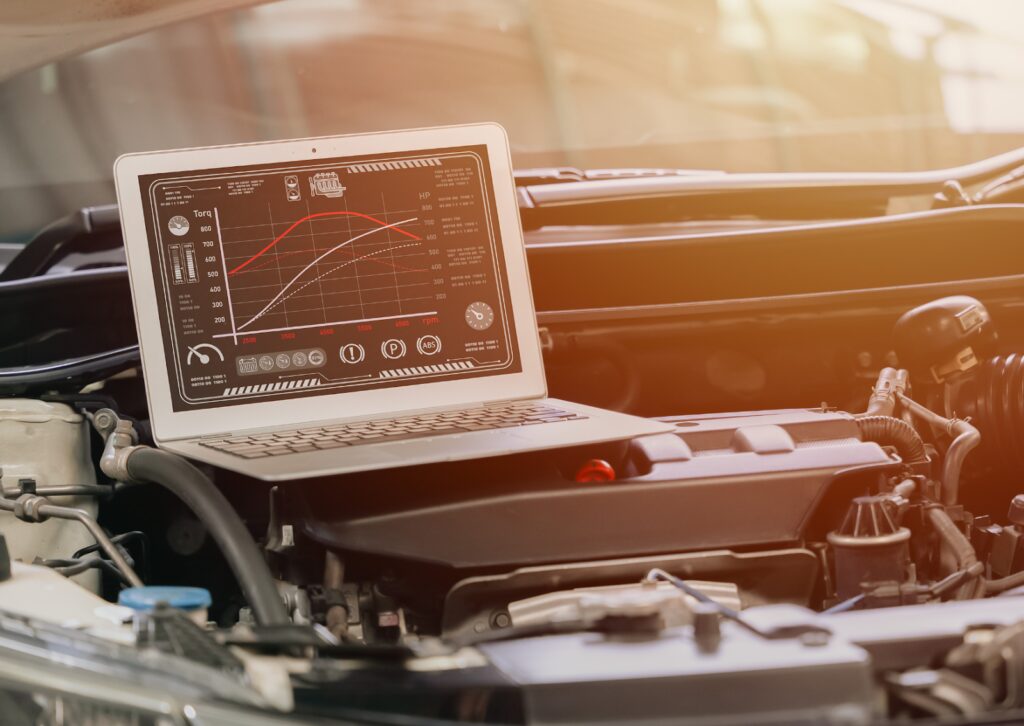
Consistent tune-ups play a vital role in maintaining your car’s performance. They help ensure smooth acceleration, stable idling, and better fuel efficiency. Without regular tune-ups, dirt and grime can accumulate, causing parts to wear out faster and leading to costly repairs. Additionally, tune-ups contribute to reducing harmful emissions, supporting a cleaner environment.
What Components Are Checked During a Tune-Up?
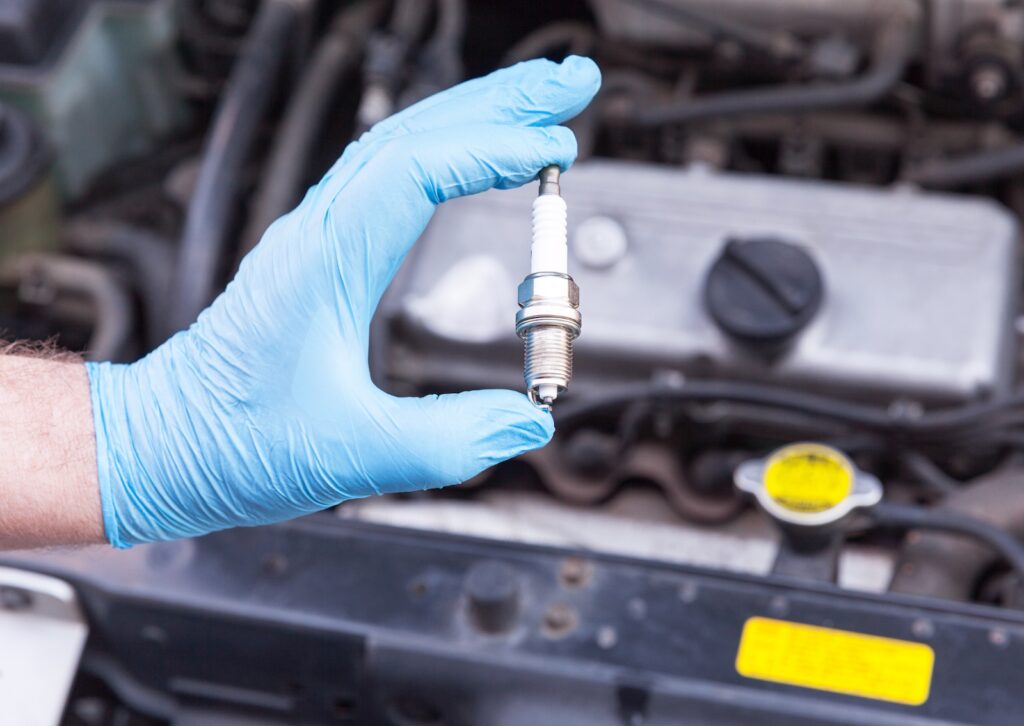
A comprehensive tune-up involves a detailed inspection of key vehicle components, ensuring every part functions at its best. Here are some of the main elements checked:
Spark Plugs
Worn-out spark plugs can reduce fuel efficiency and cause engine misfires. Replacing them at recommended intervals is crucial for maintaining optimal performance.
Air Filters
Clogged air filters restrict airflow to the engine, affecting performance and fuel consumption. Replacing the filter improves airflow and supports smoother driving.
Fuel Filters
Dirty fuel filters can block the fuel flow, reducing engine performance and efficiency. Regularly replacing this component ensures a steady fuel supply.
How Do Tune-Ups Affect Fuel Efficiency?

A well-maintained engine uses fuel more efficiently. Replacing worn components like plugs and filters helps optimize combustion, resulting in better mileage. Ignoring a tune-up can lead to increased fuel consumption and frequent trips to the auto repair shop.
When Should You Schedule a Tune-Up for Your Vehicle?

It’s advisable to follow the recommended intervals specified in your car’s manual. However, most tune-ups are scheduled every 30,000 to 50,000 miles or every couple of years, depending on driving conditions. If you notice performance issues or increased fuel consumption, it may be time to book an appointment.
Can Regular Tune-Ups Prevent Major Repairs?

Absolutely. Regular tune-ups help detect small issues before they escalate into significant problems. For instance, a worn belt or damaged hoses caught early can prevent severe engine damage. At Metric Motors, we emphasize proactive care to save you time and money on future repairs.
How Do Tune-Ups Enhance Driving Safety?

A well-tuned vehicle ensures reliable starts, smooth acceleration, and responsive handling. Issues like poor tire pressure, worn plugs, or dirty air filters can compromise safety. Regular tune-ups address these concerns, ensuring your car is safe and dependable on the road.
What Are the Signs That Your Car Needs a Tune-Up?
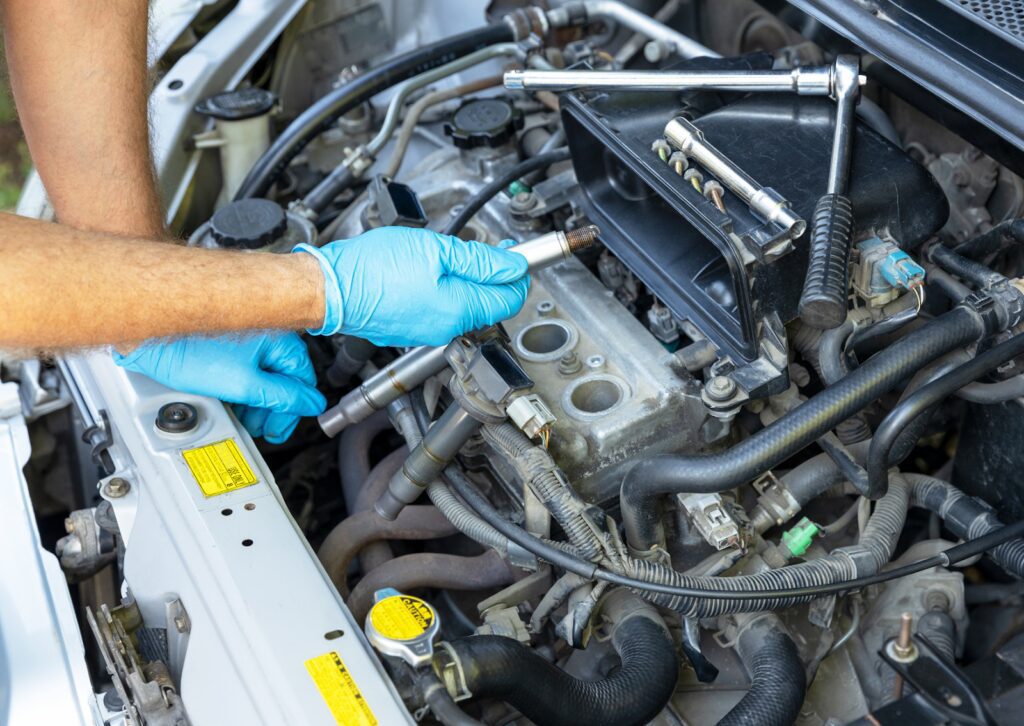
Recognizing early signs can prevent bigger issues down the road. Common indicators include:
Decreased Fuel Efficiency
If you’re filling up more frequently, it may be a sign that the engine tune needs attention. Decreased fuel efficiency can indicate that your car’s engine components, such as the spark plugs or air filters, may be worn or clogged. Addressing these issues during a tune-up can restore optimal fuel consumption and improve overall driving performance.
Engine Misfires
Frequent stalling or rough idling suggests it’s time for a tune-up. Misfires can be caused by faulty spark plugs, dirty fuel injectors, or problems with the ignition system. Identifying and fixing these issues during a tune-up can prevent further engine damage and ensure smoother, more reliable driving.
Starting Issues
Difficulty starting your car can indicate worn plugs or clogged filters. This can also be a sign of a weak battery, corroded terminals, or issues within the fuel system. A tune-up helps identify and resolve these starting issues, ensuring that your car starts effortlessly every time.
How Do Tune-Ups Influence Emission Levels?
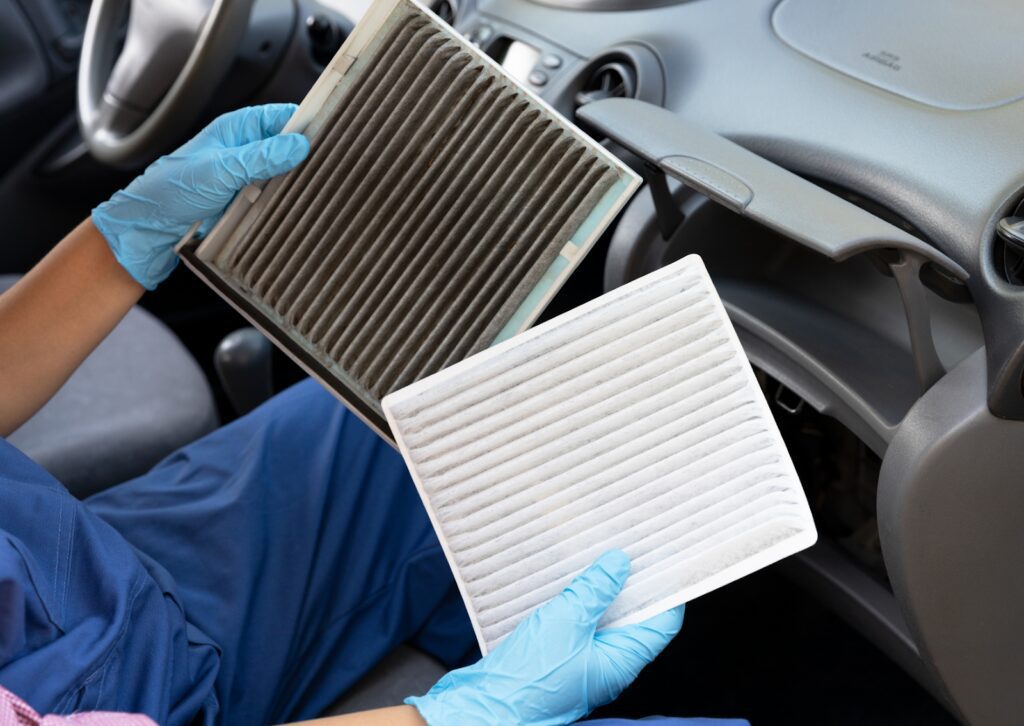
Clean filters, properly functioning plugs, and healthy fluid systems help reduce harmful emissions. A thorough tune-up not only ensures compliance with environmental standards but also promotes better air quality.
What Is the Cost of a Tune-Up and Is It Worth the Investment?

The cost of a tune-up varies based on the location, vehicle type, and the extent of services required. However, investing in regular tune-ups can save you significant costs in future repairs. Plus, improved fuel efficiency and performance make it well worth the price.
How Can You Perform Basic Tune-Up Tasks at Home?
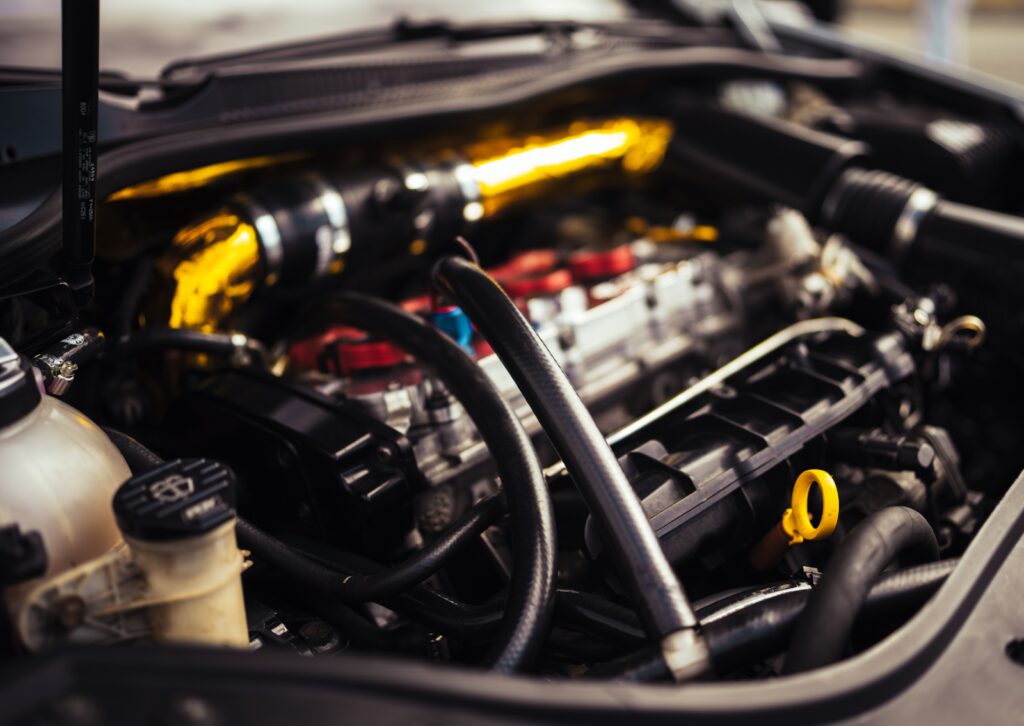
While some tasks require a professional, there are basic maintenance jobs you can do yourself:
- Change air filters regularly to ensure clean airflow.
- Check tire pressure to promote even wear and better mileage.
- Inspect belts and hoses for signs of wear or damage.
However, for more complex issues, it’s best to consult a trusted auto repair shop.
Ready to Schedule Your Next Tune-Up?

Don’t wait for small issues to become big problems. Contact Metric Motors today to schedule an appointment for a thorough tune-up. Our expert team is here to ensure your car performs at its best, keeping you safe and confident on the road. Whether you need a quick inspection or a full engine maintenance service, we’re ready to help.
Final Thoughts
At Metric Motors, we know that staying on top of routine vehicle maintenance is the key to extending the life of your car and ensuring optimal performance. Regular tune-ups aren’t just about avoiding repairs; they’re about making every drive safer and smoother. So, if it’s been a while since your last tune-up, or if you’ve noticed any performance issues, now’s the time to act. We’re here to keep you running smoothly, one tune-up at a time.
Frequently Asked Questions (FAQs)
1. What is included in a standard car tune-up?
A standard tune-up typically includes replacing spark plugs, inspecting and replacing air and fuel filters, checking the ignition system, inspecting belts and hoses, and ensuring fluids are topped up.
2. How long does a typical tune-up take?
The duration of a tune-up depends on the vehicle’s condition and the extent of services required. Generally, a standard tune-up takes between 1 to 3 hours.
3. Can a tune-up improve my car’s horsepower?
Yes, a tune-up can enhance engine performance, which may result in improved horsepower and smoother acceleration.
4. Are tune-ups necessary for newer vehicles?
Even newer vehicles benefit from regular tune-ups. While modern cars require fewer tune-ups, regular inspections help identify minor issues and keep the engine running efficiently.
5. What happens if I skip a tune-up?
Skipping tune-ups can lead to reduced fuel efficiency, rough idling, engine misfires, and costly repairs due to undetected wear and tear.
6. Can I perform a tune-up myself?
While basic tasks like changing air filters and checking fluids can be done at home, more complex services—such as inspecting ignition systems or replacing spark plugs—are best handled by professionals.
7. How do weather conditions affect the need for tune-ups?
Extreme weather can put additional stress on your vehicle. For example, cold weather can affect battery performance, while hot weather can wear down belts and hoses faster. Scheduling seasonal tune-ups helps maintain optimal performance.
8. Will a tune-up help my car pass an emissions test?
Yes, a tune-up ensures that engine components are clean and functioning properly, which can significantly improve your chances of passing an emissions test.
9. How can I tell if my fuel filter needs replacing?
Signs include difficulty starting the car, decreased engine power, or a noticeable drop in fuel efficiency. These are clear indicators that the fuel filter may be clogged and needs replacement.
10. Why is Metric Motors the best choice for tune-ups?
Metric Motors offers expert automotive services, using advanced diagnostic tools and quality parts. Our team ensures thorough inspections, providing reliable and professional tune-up services to keep your car in excellent condition.

